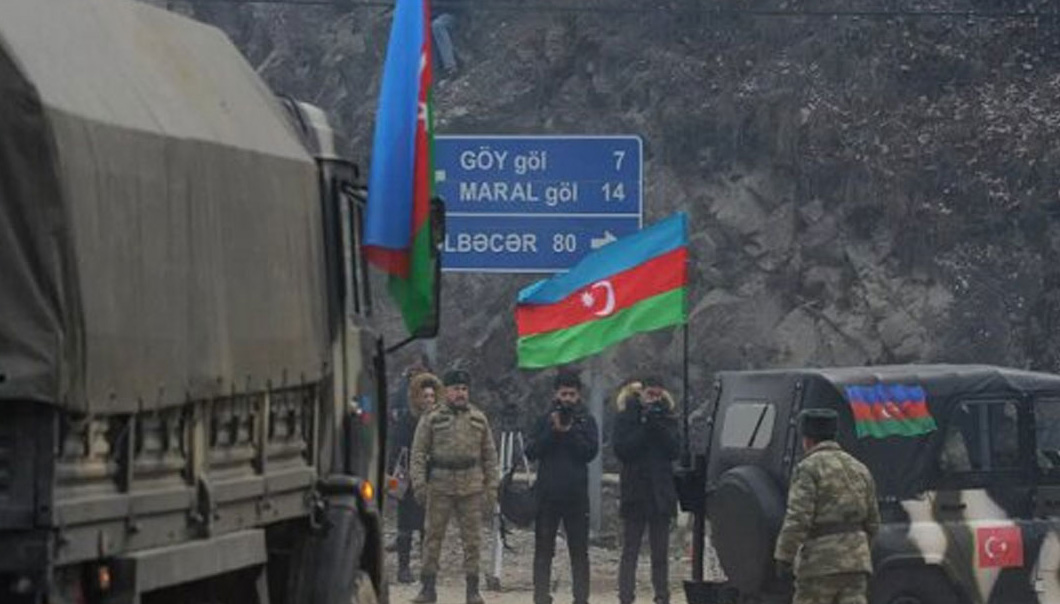Aharon Vardanian, in an interview with the website of the Strategic Council on Foreign Relations, referred to the recent tension between the Republic of Azerbaijan and Armenia regarding the Lachin Corridor and stated: Baku’s objectives of blocking the crossing are clear to Yerevan. By closing the Lachin Corridor, 120,000 people, 30,000 of whom are children, have been surrounded. In the current situation, they are facing a shortage of gas, food and medicine, while they cannot refer to doctors outside the region to treat their patients.
Emphasizing that such actions are against human rights, he said: Baku wants to force Armenians to move from that region and the claims being made by the Republic of Azerbaijan that Armenians can easily live in Artsakh (Nagorno-Karabakh Republic) is basically fake. What is being proposed by that country under the title of peace plan has a propaganda aspect and the actions being followed by that country show that Baku really wants war in the region.
The Professor of Yerevan University continued by explaining the consequences of the tension-causing measures in the Karabakh region and noted: In the developments that took place in Karabakh in September, it became clear that Baku is not looking for peace. Can a country that wants peace block a corridor that will put 120,000 people under siege?
Vardanian added: It seems that Armenia did not participate in the tripartite meeting in Moscow as a sign of protest; because first, the Republic of Azerbaijan should end such an inhuman act in Lachin and then start negotiations.
Emphasizing the role of regional countries, especially Iran, in solving the Karabakh conflict, he said: Tehran’s point of view is very important for Armenia; because we all know that Baku’s objectives are actually to capture all of Artsakh (the Republic of Nagorno-Karabakh) and to cut off the 44 km land border between Iran and Armenia. While this border is very important for Iran, Armenia and the region. The Republic of Azerbaijan considers Syunik to be its own without any documents, and with the help of Turkey, it is looking for targeted actions with specific objectives.
The university professor warned against the consequences of such expansionist claims and against not accepting the sovereignty of the countries for the countries of the region, and reminded: Baku is looking to create security challenges for the countries of the region with an eye towards the Turkish speaking people of the region.
Stating that Turkey is abusing the conditions of the Ukraine war and Moscow’s involvement in that war, Vardanian added: South Caucasus is very important for Russia and Moscow will not allow those measures to go forward. In fact, what Baku pursues in those measures is not in the interest of Moscow either. Considering such threats, Iran, Armenia and Russia can form a strong cooperation to resolve the existing tensions.
He described Baku’s measures against Armenia as Saddam Hussein’s actions against Iran and said: We are witnessing that Baku does not stick to any agreements and contracts, every agreement and negotiation that takes place is quickly trampled upon by Baku and this Violation of obligations is not important for them. In such agreements, there is no mention of blocking Lachin crossing or military actions against Jermuk, but the Republic of Azerbaijan has taken such actions without considering the consequences.










0 Comments